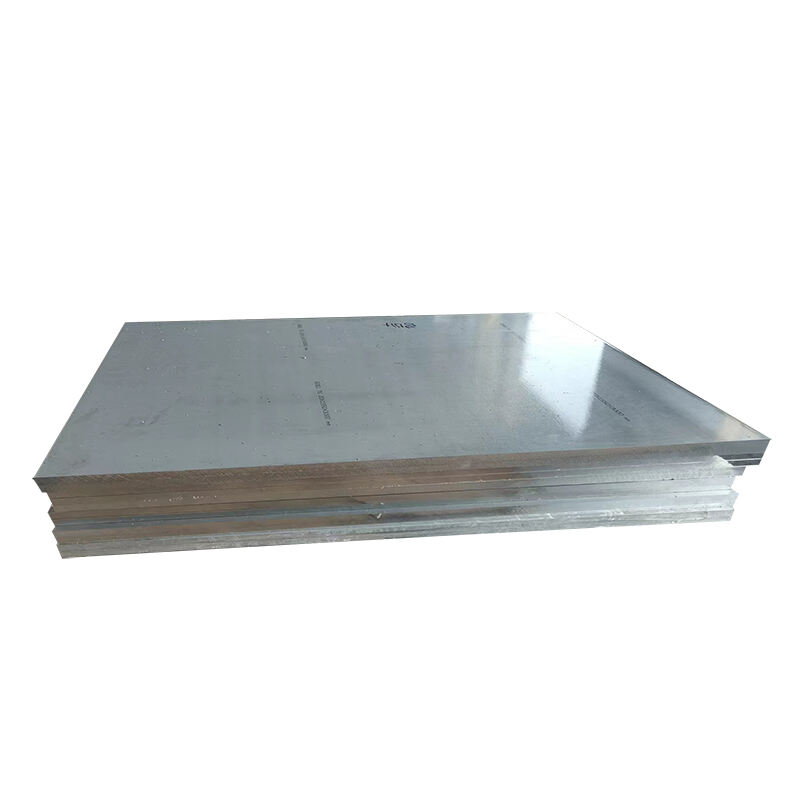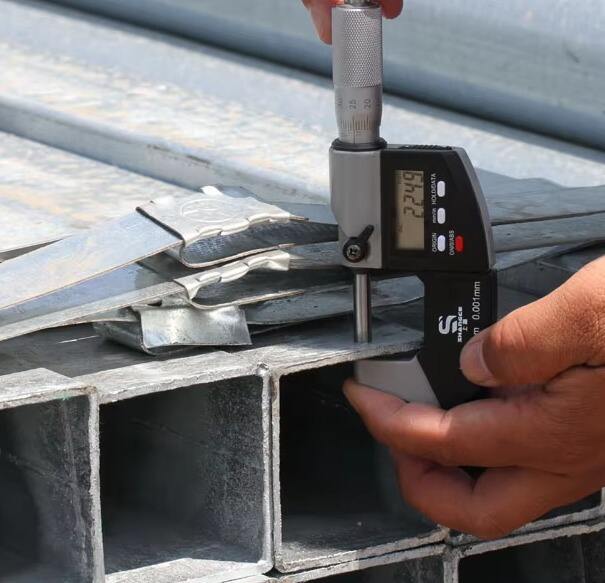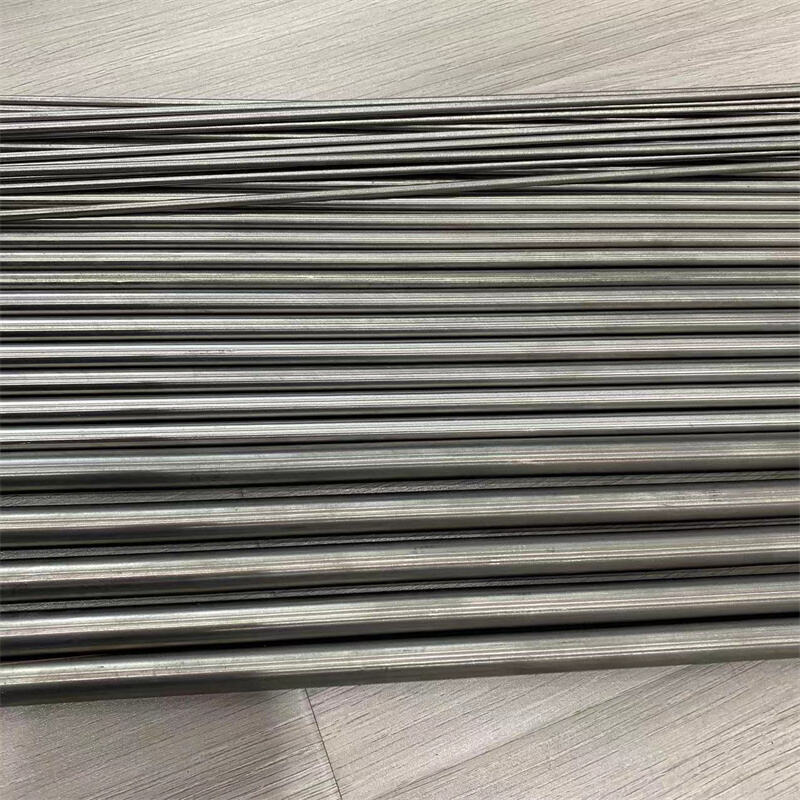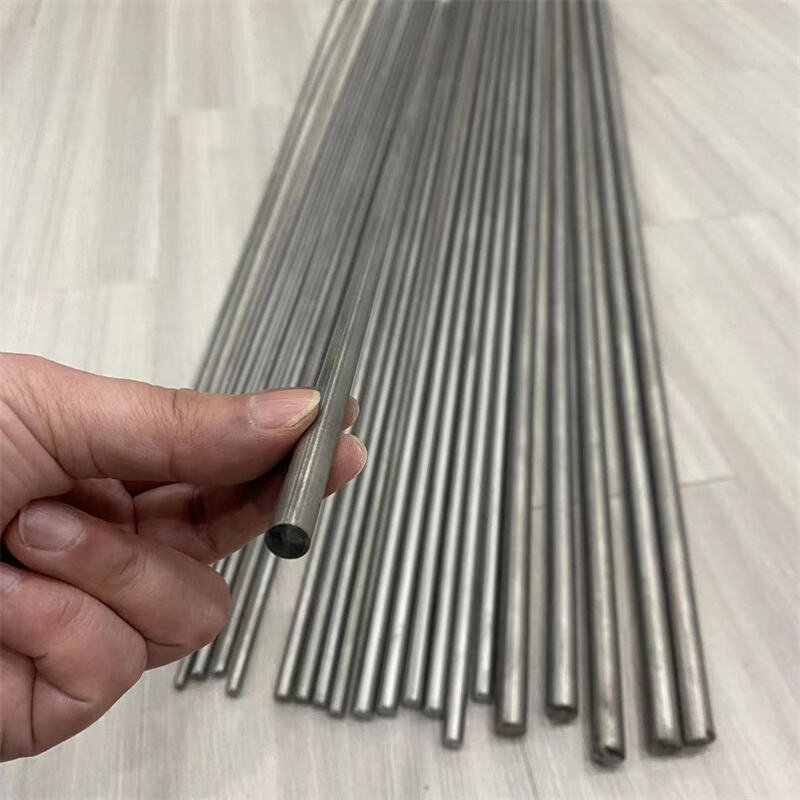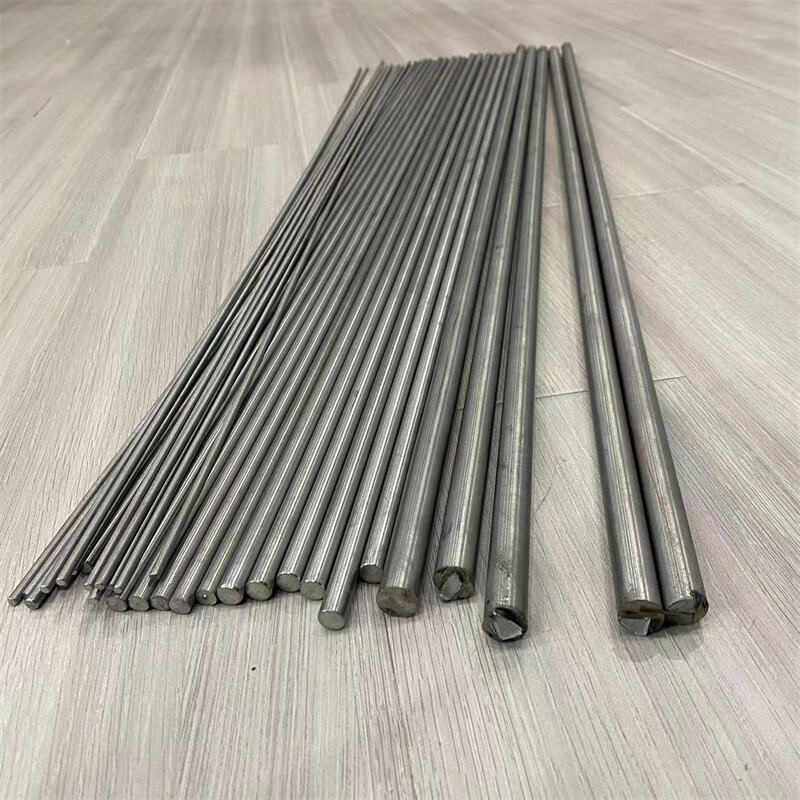стержень из титанового сплава
Титановые сплавные прутки представляют собой вершину современной металлургической инженерии, сочетая исключительную прочность с чрезвычайно низким весом. Эти передовые материалы создаются с помощью точных сплавных процессов, в ходе которых титан смешивается с тщательно отобранными элементами, такими как алюминий, ванадий и молибден. Полученный продукт обладает впечатляющим соотношением прочности к весу, превосходящим традиционные металлические аналоги. В промышленных приложениях титановые сплавные прутки демонстрируют выдающуюся устойчивость к коррозии, сохраняя свою структурную целостность даже в агрессивных условиях окружающей среды. Высокая термостойкость материала, работающего от криогенных условий до температур свыше 1000°F, делает его бесценным в аэрокосмической и химической промышленности. Его биосовместимость произвела революцию в технологии медицинских имплантов, а также устойчивость к усталости обеспечивает долгосрочную надежность в критически важных приложениях. Производственный процесс включает сложные методы вакуумной плавки и точную термическую обработку для достижения оптимальных механических свойств. Прутки доступны в различных сортах и размерах, что позволяет удовлетворить разнообразные промышленные потребности — от аэрокосмических компонентов до морских приложений и оборудования для химической обработки.



